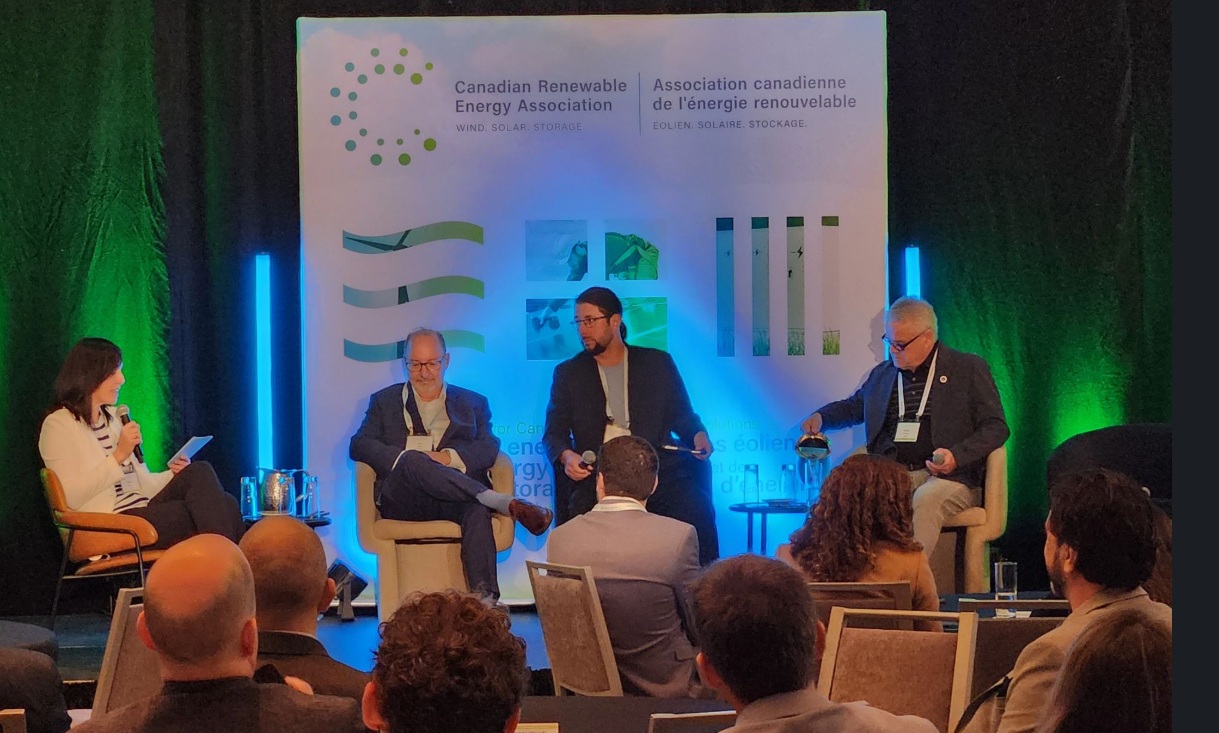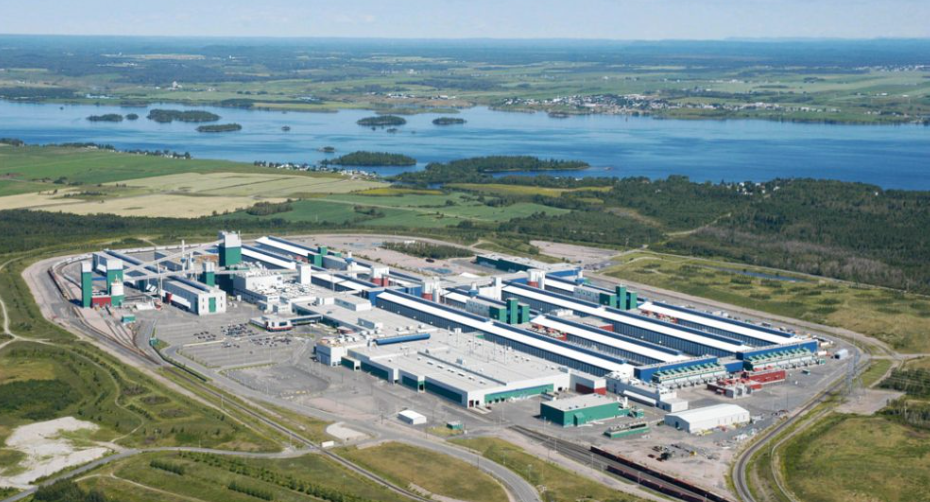Climate Insider Brief:
- Japan will provide up to US$2.4 billion in subsidies to support 12 projects focused on storage battery production, including components, materials, and equipment.
- Toyota, Nissan, and Panasonic are among the key beneficiaries. Toyota plans to invest about 245 billion yen to expand production capacity for solid-state and prismatic batteries.
- The funding aims to increase Japan’s annual storage battery production capacity by 50%, from 80 GWh to 120 GWh, bolstering the country’s role in the global EV battery market.
In a decisive move to bolster its electric vehicle (EV) battery sector, Japan has announced plans to allocate up to US$2.4 billion in subsidies aimed at enhancing the country’s storage battery production capabilities. This new financial support is set to invigorate 12 key projects related to storage batteries, including their components, materials, and production equipment.
The initiative, unveiled by Minister of Economy, Trade and Industry Ken Saito, is designed to strengthen Japan’s battery supply chain and elevate the competitiveness of its storage battery industry. This boost in funding is expected to increase the nation’s annual production capacity for storage batteries by approximately 50%, from 80 gigawatt-hours (GWh) to 120 GWh.
The funding will benefit several major players in the industry, including Toyota Motor, Nissan Motor, and Panasonic Holdings. Specifically, Toyota is slated to invest around 245 billion yen (US$2.23 billion) through its battery subsidiaries, Prime Planet Energy & Solutions and Primearth EV Energy. This investment will focus on expanding production capacity for solid-state and prismatic batteries by 9 GWh, with the first batteries expected to be available by November 2026. Toyota plans to establish new battery plants in Hyogo and Fukuoka prefectures to support this endeavor.

Nissan Motor is also set to receive significant support, with the government endorsing its plan to produce lithium-iron-phosphate batteries. The company aims to use these batteries in mini-vehicles starting in the 2028 business year, targeting a domestic production capacity of 5 GWh per year. For this, Nissan will benefit from up to 55.5 billion yen in government subsidies.
Panasonic Holdings’ energy division, which supplies batteries for Tesla, is partnering with Subaru and Mazda for new projects. Together with Subaru, Panasonic Energy will build a new plant in Gunma prefecture to produce cylindrical lithium-ion batteries, with an annual capacity of 16 GWh by 2030. An additional 4 GWh per year will come from a plant in Osaka. Similarly, Panasonic will supply Mazda with EV batteries from its Suminoe and Kaizuka plants in Osaka starting in 2027.
This latest round of support follows previous government initiatives, including nearly US$1 billion in subsidies announced in June last year and an initial batch of subsidies provided in April 2023. The continued investment underscores Japan’s commitment to expanding its role in the global EV battery market and enhancing the domestic industry’s capabilities.
As Japan accelerates its efforts to strengthen its battery production infrastructure, these investments highlight a strategic push to secure a competitive edge in the rapidly growing EV market and address the global demand for advanced storage solutions.
SOURCE: The Business Times
Featured Image: Credit: Bloomberg








